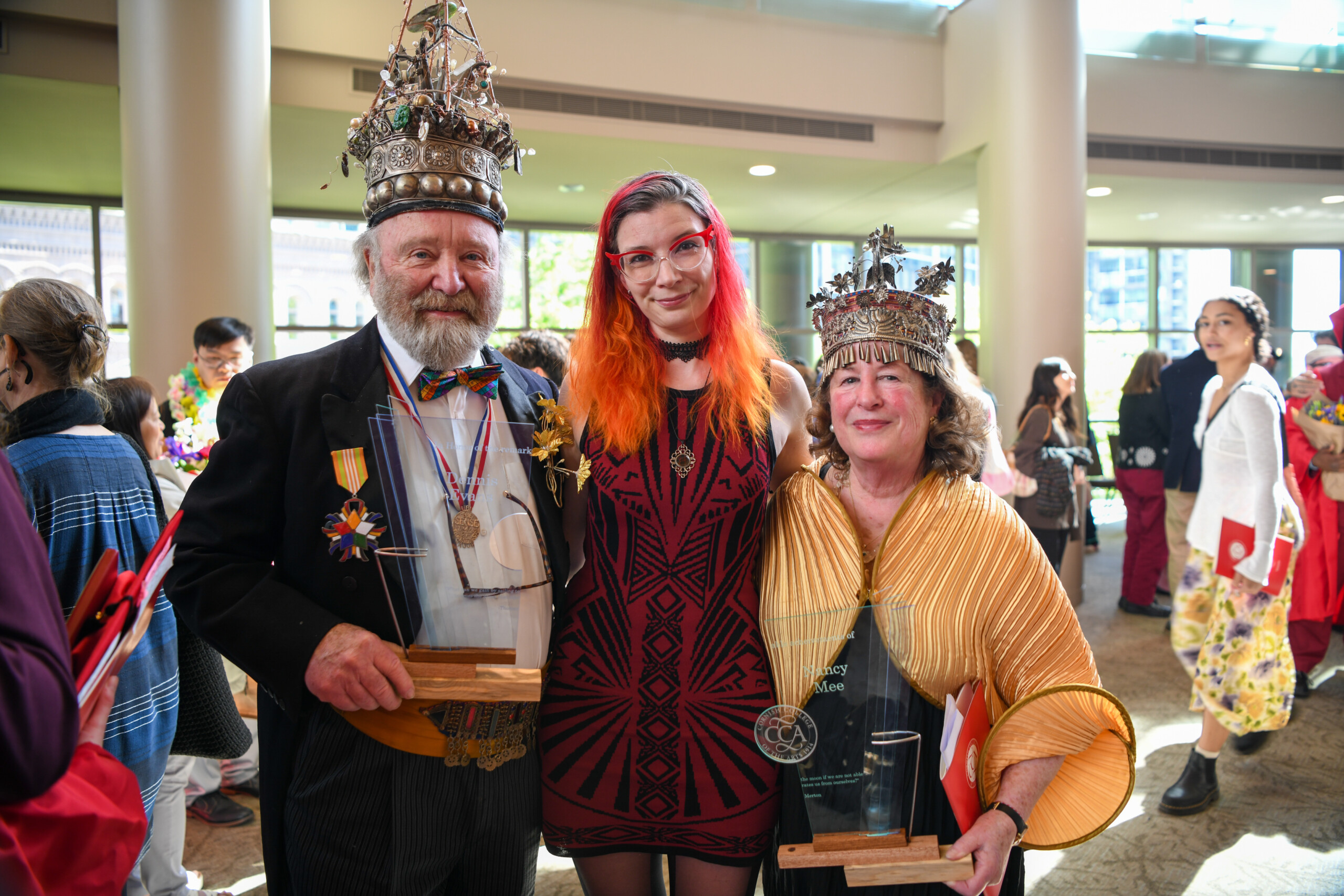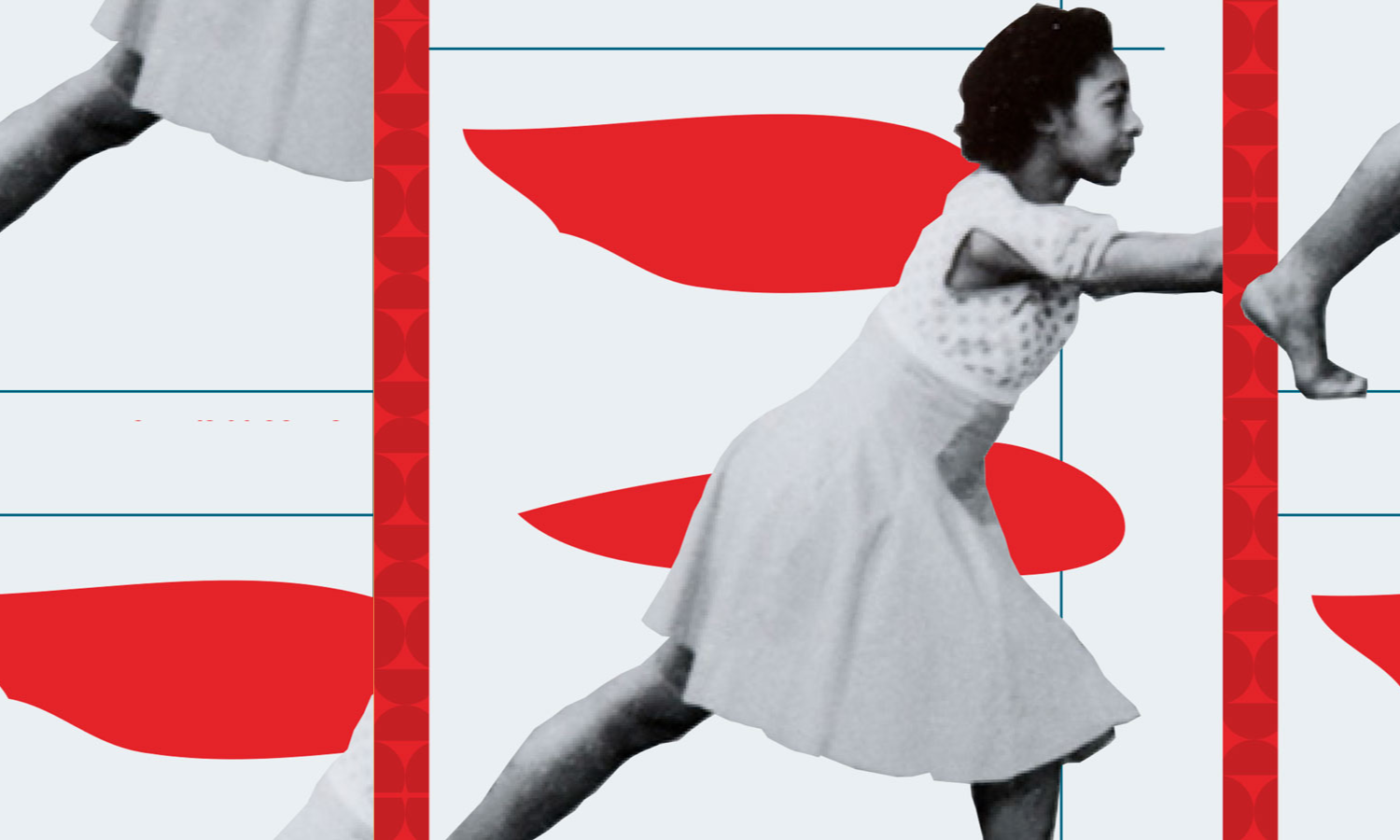John Wilson: A Lifelong Collaborator
As we celebrate the centennial of Cornish Theater, we look back at the people who created a singular department through their dedication and scholarship. Retiring after more than thirty years of teaching, John Wilson was one of those who embodied and carried on the vision of Nellie Cornish to educate “citizens, artists, and innovators.”
by M Bocek
Professor John Kendall Wilson retired from Cornish after a remarkable, 32-year career teaching theater history, dramaturgy, and technical arts, among other things. During his academic career, he became a champion of working not only across disciplines but of working collaboratively. For him, the success of his career has been the success of the people he worked with. “I did nothing alone,” Wilson said.
Theater Department Chair Richard E.T. White emphasizes “John is a monumental figure at Cornish. He’s one of the most influential teachers across multiple departments that we’ve had at the college. He’s the only faculty member who’s won a teaching excellence award in three different departments.”
Those departments were Performance Production, Theater, and Humanities + Sciences. Additionally, Wilson worked for several years in a fourth department, Art, as a sculpture studio technician.
At the heart of John’s success as a teacher was an abiding respect for the pedagogy of Nellie Cornish, which he has carefully studied. Inspired by the thought of education pioneer John Dewey, the Cornish School put the individual student above the system and made the growth of the individual the heart of their teaching. Nellie Cornish added to this by constantly finding ways for departments to work together and innovate, for their artists to collaborate, and for students to have access to an education spanning the arts. Nellie was also keen on developing intellectual values in her students.
Wilson, a Massachusetts native, studied theater at LaGrange College in Georgia, and received his MFA in playwriting at the University of Georgia. Mentors at both institutions developed his considerable analytical talents. After a character-defining career as a firefighter/paramedic, he crossed the country to join his sister on Whidbey Island, putting his technical theater chops to good use by taking up a job building furniture. Very soon thereafter, he was able to make use of those skills as they had been intended, by landing a position in 1986 as scene shop manager at Cornish under technical director Dave Tosti-Lane. When Tosti-Lane became the chair of Performance Production, Wilson moved into the TD role. Tosti-Lane has only recently retired himself as department chair.
“John revealed himself to be a patient and natural mentor,” writes Tosti-Lane. “John was particularly enthusiastic about demonstrating the connection between technical craft, artistic expression, and academic rigor. Discovering that this person who worked alongside them in the shop building scenery was also a playwright, theatre historian, dramaturg … demonstrated the absurdity of the traditional separation between artist and technician in the theatre.”
Throughout his career at Cornish, Wilson was constantly on the lookout for innovative ways to teach. Starting out teaching theater history in the Performance Production Department, where he and students created a legendary course that included field trips to mountains and beaches to explore the origins of theater through mask design and performance dynamics before raging bonfires.
Wilson was also constantly on the lookout for opportunities to collaborate. Always in communication with teachers other disciplines, he and few other Humanities and Science instructors invented the practice of “corridor classes,” which were the ad hoc melding of classes being held across the hall, if he and his colleague felt there was an important lesson to be learned for both classes.
Of his many more programmatic collaborations, he has some favorites. High on his list was “Auto-Cours,” a theater class designed to build cooperation while creating new works. Wilson taught it cooperatively, too, working with former theater faculty member David Taft.
Taft writes of his time working with Wilson fondly. “I remember our many meetings to hash out what had happened the week before in Auto-Cours and to plan for the week ahead…but it was also deeply satisfying to sit by John on Fridays and listen to him talk about history, philosophy, theatrical conceptualizations, humanism, political ideas, and so much more, all with the goal to tease out the thinking, to make students’ brains—and mine—work a little harder, go a little deeper and make connections that were either self-evident or emergent.”
Another of his favorite collaborations was with the staff of Cornish’s library, especially Bridget Nowlin and Megan Smithling, who often worked with Writing Center director Amanda Hill. Where many teachers involved the librarians with their classes, Wilson embedded them in the work, so they could lead the students to greater skills as researchers and writers.
Nowlin still speaks on their collaboration at conferences: “John’s work with the librarians is unprecedented.”
Wilson always searched for a dynamic balance between practice and intellectual rigor. White says that he was impressed from the start by the way Wilson was able to show each student how they were capable of not only the practical but also the academic aspects of the theater. White said: “John, as Athol Fugard once said, believed in truths that the hands can touch.”
As a teacher of dramaturgy, John represents the only academic pursuit currently an integral part of a department and not housed in Humanities and Sciences.
The more things change, the more they stay the same: Wilson’s plans in retirement include continuing his work on his academic research, and the composition of field manuals for performance art and dramaturgy, which will blend scholarship and technique.



